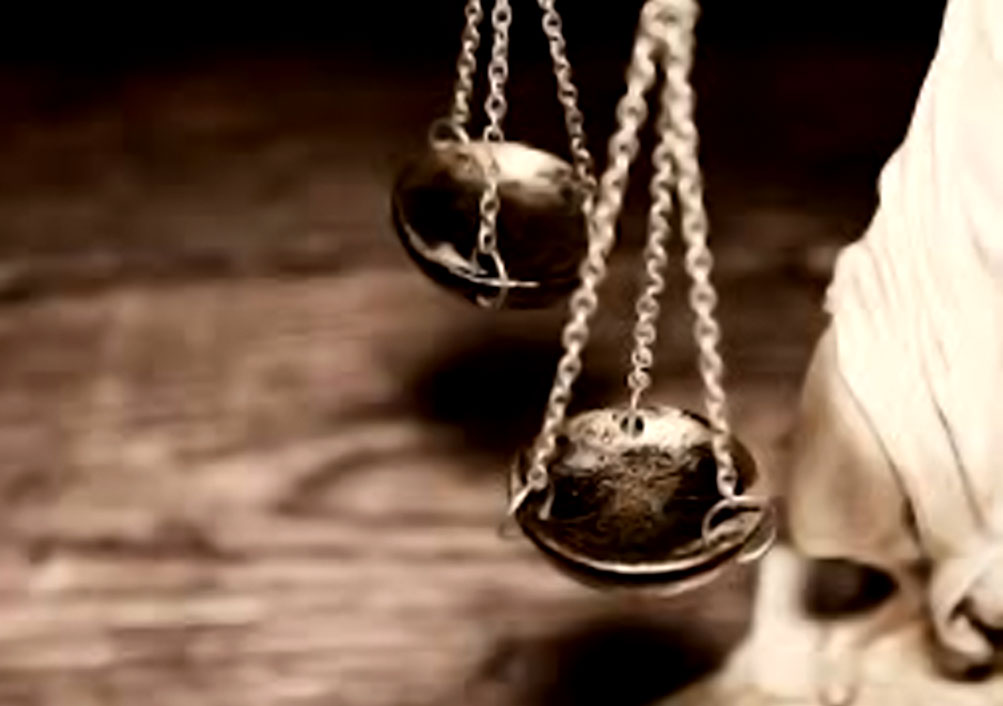In W.P.(C) 8599/2021-DEL HC- Splitting of reliefs between two Courts is not proper, says Delhi High Court Justice Manoj Kumar Ohri [29-04-2022]

Read Order: M/S SATISH CHAND RAJESH KUMAR PVT. LTD v. NEW DELHI MUNICIPAL COUNCIL & ANR
Tulip Kanth
New Delhi, May 02, 2022: Considering the fact that the petitioner had already invoked the arbitration clause and also approached the Court under Section 9 of the Arbitration and Conciliation Act, 1996 for interim orders, the Delhi High Court has held that the petitioner’s choice of this Court to challenge the decision of debarring the petitioner from participating in NDMC tenders, was misplaced as splitting of reliefs between two Courts is not proper.
These observations were made when the Bench of Justice Manoj Kumar Ohri was adjudicating upon a petition filed under Article 226 of the Constitution r/w Section 151 CPC on behalf of the petitioner, assailing the decision dated August 4, 2020 of the New Delhi Municipal Council(respondent) and communication of same by a letter dated November 6, 2020, whereby the petitioner had been debarred from participating in the NDMC tenders for a period of 3 years with effect from the date of the decision.
The petitioner claimed that being the lowest bidder, it was awarded the tender by the respondent-Council for the redevelopment work of Bapu Samaj Sewa Kendra, Panchkuian Road, New Delhi. According to the petitioner, when it proceeded to the project site to commence the work, the site was found to be occupied and by a letter dated March 29,2018, it requested the Council to hand over the project site free of all occupation. Eventually, the site was handed over to the petitioner after much delay, which in turn delayed the commencement of work.
Even during the course of construction, the petitioner faced various difficulties and it was the petitioner’s grievance that due to various reasons attributable to respondents, the work awarded to it was delayed.The petitioner claimed that until the termination of contract, it had completed works amounting to Rs 6,71,83,639 for which it raised its bills but the same were still outstanding.
The petitioner’s main argument was that the Council had first arbitrarily extended the time for completion of contract and thereafter, the contract was terminated arbitrarily. It was further submitted that the impugned decision of debarring the petitioner from participating in NDMC tenders for a period of 3 years was passed without complying with the principles of natural justice, as neither any Show Cause Notice nor any opportunity of hearing was granted to the petitioner prior to passing of the order. It was contended that the petitioner had rightly requested for termination of the contract, as the respondent failed to fulfill its obligations of handing over the vacant site and drawings to the petitioner, which prevented the completion of works within the stipulated time.
The factual scenario of this case indicated that the petitioner faced termination of the contract and consequent debarring order on the allegation of failure of performance of its contractual obligations. The respondent, rightly, or otherwise, had invoked performance bank guarantees furnished by the petitioner under Clause 3 of the contract.
According to the Bench, it was apparent that the impugned order was a consequence of non-performance of contractual obligations by the petitioner. Both, termination of contract by the respondent, and its decision to debar the petitioner, were a contractual recourse that the respondent had taken against the petitioner.
Considering this aspect, Justice Ohri affirmed, “The petitioner has already invoked the arbitration clause and has also approached the Court under Section 9 of the Act for interim orders. In these circumstances, this Court is of the view that the petitioner’s choice of this forum to challenge the debarring decision dated 04.08.2020, is misplaced as splitting of reliefs between two Courts is not proper.”
The petitioner had placed reliance on the decisions of the Top Court in Erusian Equipment & Chemicals Ltd. v. State of West Bengal and Prakash Atlanta JV & Ors. v. National Highways Authority of India & Ors. reported as 2010 SCC OnLine Del 471 to contend that where after termination of contract, further action of debarring/blacklisting is taken during the pendency of challenge to termination of contract and without following the principles of natural justice, the same was liable to be set aside.
But, the Bench held that the said authorities did not apply to the facts of this case as in the said cases, the blacklisting order was not passed as a contractual right of the Government under a contractual provision. However, in the present case, the respondent had exercised its contractual right under Clause 15 of the Special Conditions of the contract. The action was not pursuant to a sovereign act of the respondent but the same was a purely contractual action in its capacity of a contracting party under a commercial contract, noted the Bench.
Having said this, the Bench also clarified that the petitioner was free to challenge the decision dated August 4, 2020 before the Arbitrator as a contractual dispute, in terms of the remedies provided under the contract.
Giving liberty to the petitioner to approach the Arbitral Tribunal for appropriate reliefs, the Bench dismissed the petition.
Sign up for our weekly newsletter to stay up to date on our product, events featured blog, special offer and all of the exciting things that take place here at Legitquest.




Add a Comment